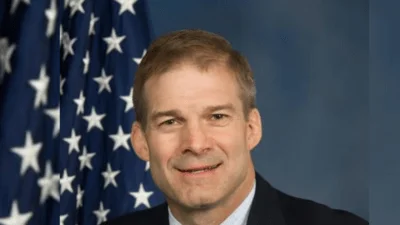Congressman David Price (D-NC), Chair of the Transportation, Housing and Urban Development and Related Agencies Appropriations Subcommittee, delivered the following remarks at the Subcommittee's hearing on "Stakeholder Perspectives: Building Resilient Communities":
Good morning, everyone. The hearing will come to order.
I’m pleased to have the opportunity to hold this hearing on how we can plan, design, and build resilient communities.
After several years of increasingly severe weather events in my home state of North Carolina and around the country-and after tens of billions of dollars appropriated for disaster relief and emergency programs, much of it from this subcommittee-we must become more intentional about applying the concepts of mitigation and resiliency into our federal housing and transportation programs.
We also need to identify ways we can support these efforts at the state and local level.
Joining us this morning are several experts in this field, with both research and “on-the-ground" experience:
Laura Lightbody; Project Director of Flood-Prepared Communities, Pew Charitable Trusts
Franklin Moon, Ph.D.; Professor, Civil and Environmental Engineering, Rutgers University
Jennifer Raitt; Director, Planning and Community Development, Town of Arlington (Massachusetts)
Carol Haddock; Director of Public Works, City of Houston
Thank you all for being here this morning.
Each year, in addition to supplemental appropriations for disaster relief, this subcommittee appropriates billions of dollars for annual programs at the U.S. Department of Transportation and the Department of Housing and Urban Development.
These include highway and transit grants to states and local agencies and the Community Development Block Grant for municipalities, among others.
We need to incorporate resiliency into these so-called “base" programs and build smarter from the start-moving toward a proactive posture when it comes to strategic, capital, and operations planning at DOT and HUD agencies.
Congress has taken some initial steps in this direction. The MAP-21 highway reauthorization from 2012 required states and localities to incorporate asset management into their long-range planning. Meanwhile, several modest pilot programs to assist states and other grantees with resiliency planning are winding down.
Separately, in 2015, the Obama Administration promulgated the Federal Flood Risk Management Standard, which encouraged federal agencies-and by extension state and local entities that rely on federal funding-to consider current and future risk when taxpayer dollars are used to build or rebuild near floodplains.
While this effort showed some initial promise, President Trump repealed FFRMS in August 2017 just a few days before Hurricane Harvey made landfall. This reversal almost defies explanation.
This Administration’s aversion to the scientific reality of climate change should not impede sensible efforts to encourage resiliency and strengthen our local communities.
Despite setbacks at the federal level, some towns and cities have stepped up with their own comprehensive resiliency plans, but progress remains uneven.
High-quality data necessary to inform these efforts can be difficult to obtain. Furthermore, cost-benefit analyses used by governments sometimes fail to account for the long-term benefits of incorporating resiliency from the start of a project.
Finally, we need to understand that building resilient communities isn’t just about storm-proofing. It’s also a potential catalyst for job creation, economic development, sustainable growth, and the wise stewardship of taxpayer dollars.
We want to make sure the federal government is an active partner in these efforts, and I’m excited to have a robust discussion with the experts before us today.
Before we move to witness testimony, allow me to recognize our distinguished Ranking Member, Mr. Diaz-Balart, for his opening statement.
Source: U.S. Department of HCA









